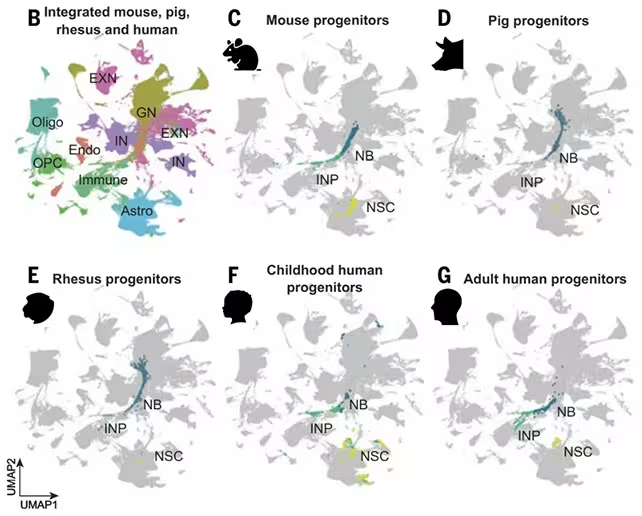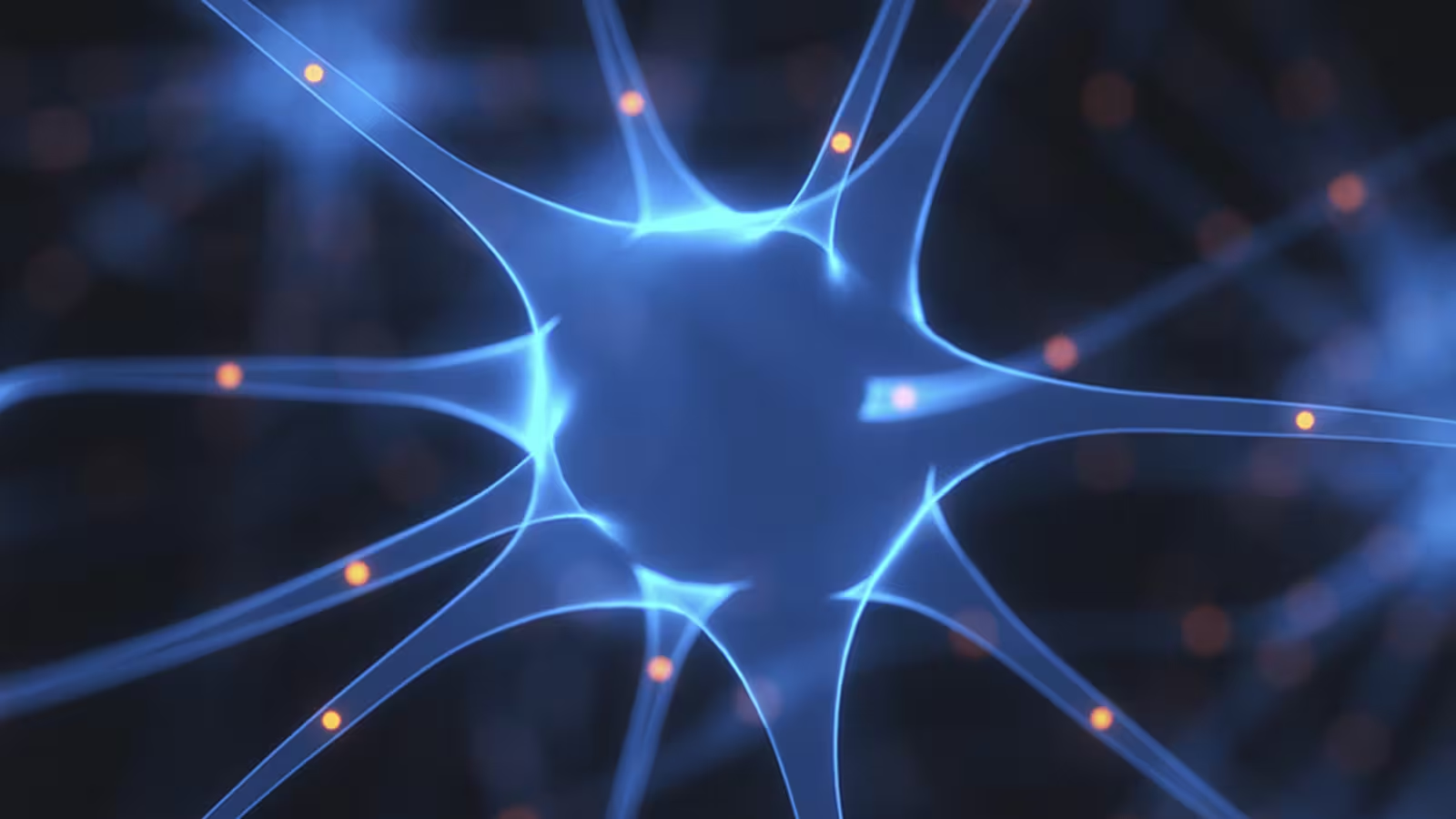3 Minutes
Understanding Adult Neurogenesis: Scientific Context
For decades, neuroscientists have debated whether the human brain continues to produce new neurons—particularly in regions tied closely to memory and learning—well into adulthood. While it is established that many animals generate brain cells throughout their lifespan, the extent and persistence of this process in humans, especially within the hippocampus, have remained controversial. The hippocampus, and more specifically the dentate gyrus region, serves as a crucial control center for forming new memories, regulating emotions, and learning.
Breakthrough Study: Uncovering Lifelong Neuron Development
Researchers from Sweden's Karolinska Institute and Chalmers University of Technology have produced compelling new evidence supporting ongoing neurogenesis (the birth of new neurons) in the adult human hippocampus. By analyzing samples from individuals up to 78 years old, the study provides some of the clearest confirmation that neurogenesis in this key brain region continues well beyond childhood.
The research focused on brain tissue from the dentate gyrus, harnessing advanced RNA analysis techniques. This allowed the scientists to detect neurons that exhibited gene activity consistent with neural progenitor cells (NPCs)—the precursors that give rise to mature neurons. Remarkably, these human NPCs displayed notable similarities to those found in other mammals, such as mice, pigs, and monkeys, strengthening the argument for a conserved neurogenic process across species.
Methods and Validation: Technological and Scientific Advances
To map the generation and maturation of brain cells, the team utilized machine learning algorithms. These sophisticated computational tools categorized cells by developmental stage, tracing the trajectory from undifferentiated stem cells to immature neurons ready to integrate into brain circuits. Previous research had found new neurons present in adult brains, but rarely could it identify their precise origins or prove ongoing formation. This comprehensive analysis addresses those gaps.
Molecular biologist Jonas Frisén, a leading author of the study, remarked: "This gives us an important piece of the puzzle in understanding how the human brain works and changes during life." Their findings underpin the notion that humans, like several other mammals, sustain a lifelong capacity to generate new hippocampal neurons—a discovery with far-reaching implications for neuroscience.

Implications and Future Prospects in Brain Science
The confirmation of adult hippocampal neurogenesis opens exciting avenues for research. It impacts our understanding of brain plasticity, learning, and memory, as well as how these faculties may change with age. Notably, the study observed that the rate of new neuron production typically decreases as individuals grow older, although the process persists throughout life.
Additionally, the team identified considerable variability in neurogenesis rates among individuals. These differences may contribute to how flexible and adaptable each person's brain remains—a phenomenon known as brain plasticity. Such variability could influence not only learning capacity and personality but also vulnerability to neurological diseases or mental health conditions.
Some participants in the research had a history of psychiatric or neurological disorders, prompting hypotheses about links between neuron regeneration rates and disease risk. However, further targeted investigations are needed to clarify these associations and explore potential therapeutic applications, such as strategies to enhance neurogenesis in aging or diseased brains.
Conclusion
This groundbreaking research provides robust evidence that the human hippocampus continues to produce new neurons from neural progenitor cells throughout adulthood. These findings enrich our fundamental understanding of brain biology, particularly concerning memory formation and lifelong learning. By shedding new light on the mechanisms of adult neurogenesis and brain plasticity, the work paves the way for future studies that may transform our approach to cognitive health, brain aging, and the treatment of neurological disorders.
Source: doi



Comments